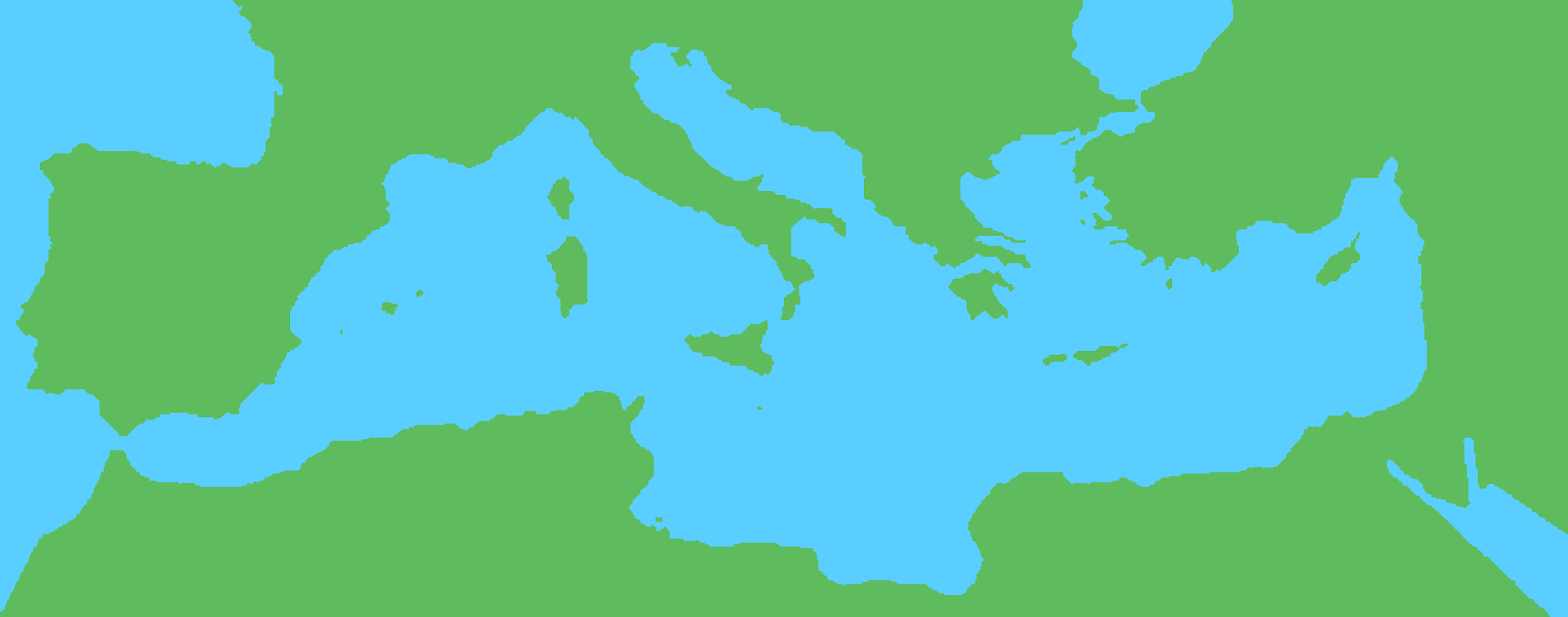Iraq. On 3 September Iraq’s newly elected parliament held its first session. The Sadr-Abadi alliance claimed it had a majority of the seats, which was contested by former Prime Minister Nouri al-Maliki, who formed an alliance with militia commander Hadi al-Ameri. Neither alliance included the two main Kurdish parties that with their combined 43 seats play a key role. Also the security situation in the South remains volatile since deadly clashes continued in Basra. At least six people were killed and 12 injured in violent demonstrations near a provincial government building when protesters stormed the office and set it alight. On 4 September protesters stormed the Iranian consulate in Basra, indicating a strife between Iraqi Shiites and their Iranian “ally”. The Carnegie Middle East Center published a paper in order to highlight what the Iraqi government should do to address the public anger that started this summer. Even the North of the country has been the target of a series of attacks. On 8 September rockets have struck the headquarters of two Iranian Kurdish opposition parties (Democratic Party of Iran (KDPI) and the Democratic Party of Iranian Kurdistan (PDKI)) in Iraq’s semi-autonomous Kurdish region, with reports saying at least 11 people have been killed and 50 others wounded.
Libya. This week the situation in Libya has deteriorated significantly. While the fighting in the capital Tripoli have continued, on 2 September fighting renewed in Libya’s eastern city of Derna leaving 11 killed and 19 injured fighters from forces under Khalifa Haftar’s command. Renewed clashes between rival armed groups in Tripoli have plunged Libya in yet deeper chaos. On August 27, fierce fighting erupted in the capital’s southern districts after the Seventh Brigade, an armed group based in Tarhouna launched a surprise offensive against rival militias. The Seventh Brigade has since assumed control of the airport. Joined by fighters from the Misrata and Zintan regions, the group is targeting four armed brigades inside Tripoli which it accuses of usurping power and pursuing its interests at the expense of the Libyan state. In order to better understand the local situation and the alliances of the different militias this report from Small Arms Survey is a very important reading. On 5 September, rival militia factions have agreed a ceasefire, the United Nations says. However, it should be noted that last week, a ceasefire deal held for a few hours.
Egypt. Italy’s oil and gas company Eni has announced the discovery of a new natural gas field in the East Obayed concession area in the Western Desert of Egypt. The multinational company added that the well had been opened for production, achieving 25 mmscfd (million standard cubic feet per day), “confirming the potential of the East Obayed Concession.” Eni said it produces 55,000 barrels of oil per day from the Western Desert through its operating company AGIBA, which it owns jointly with the Egyptian General Petroleum Corporation.
Syria. On 1 September a car bomb attack in Azaz, a rebel-held town near Syria’s border with Turkey, has killed at least one person and wounded several others. On 5 Syrian air strikes pounded targets in the last rebel-held province of Idlib after a hiatus of over three weeks without air strikes in the area. Idlib is the last major bastion of the rebel groups who have been trying to oust Assad since the start of the war in 2011. His forces are amassing around the province of Idlib, presumably in preparation for the assault.
Algeria. On 4 September three Algerian soldiers have been killed and three others wounded in a clash with Islamist militants in western Algeria. Two militants, including the chieftain of the group, were also killed. Local authorities said the group was responsible for the May 22 murder of two imams, aged 64 and 67, at the mosque in Oued Sebaa, another town in the region.
Russia Focus
Russia is worried
about the Libyan situation in Tripoli and has pushed Libyan militias to
a ceasefire. Meanwhile it has been joining the list of nations intent
on establishing their foothold
in the Red Sea. In a meeting with Eritrean leaders on August 31,
foreign minister Sergey Lavrov announced plans to establish a “logistics
center” at a port in the East African nation. Moscow didn’t specify the
location or the timetable of the project but said it was aimed at
boosting bilateral trade and infrastructural investment between the two
nations. In March, Lavrov undertook a week-long tour of Africa, visiting
Angola, Namibia, Mozambique, Ethiopia, and Zimbabwe. During his visit,
he signed agreements to establish economic zones, explore opportunities
in accessing minerals including diamonds and platinum, and enhance
military and technical cooperation.

